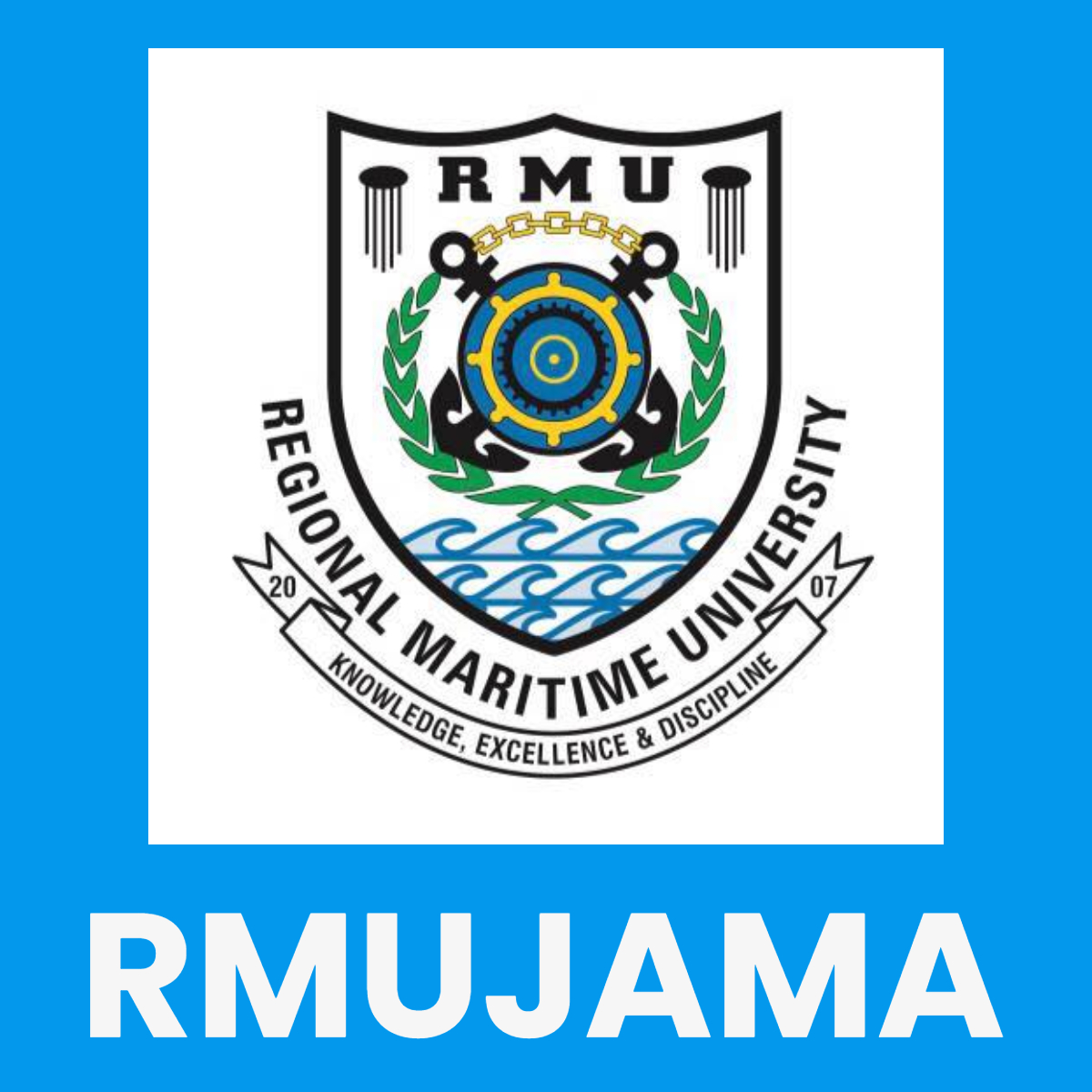The Future of Shipping in Africa: Challenges and Opportunities
The African maritime industry plays a crucial role in global trade, yet faces significant challenges such as inadequate infrastructure, piracy, and environmental concerns. This article explores the emerging opportunities for Africa's shipping sector, including technological innovations, policy reforms, and the potential of regional collaborations. It examines how Africa can leverage its vast maritime resources to boost economic growth while overcoming current barriers to sustainable maritime development.
